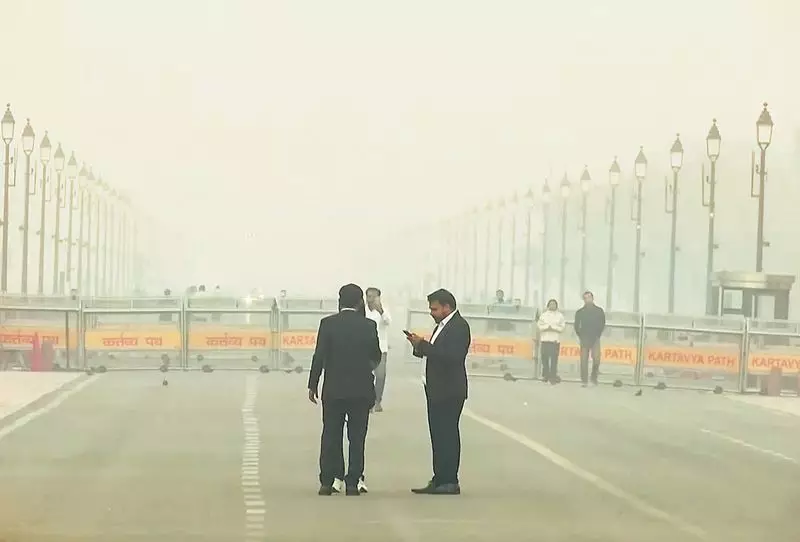
The Supreme Court of India has delivered a significant verdict regarding air pollution control measures in the national capital, rejecting demands for year-round implementation of Graded Response Action Plan (GRAP) restrictions. The landmark decision emphasizes the need to balance environmental concerns with the protection of livelihoods and economic activities.
Court's Rationale Behind the Decision
A bench comprising Justice Abhay S Oka and Justice Ujjal Bhuyan firmly declined the plea for continuous GRAP enforcement throughout the year. The court specifically addressed concerns about the potential economic impact, stating that such measures would severely affect people's livelihoods and daily economic activities. The bench highlighted that existing mechanisms already provide for the implementation of GRAP measures during periods of deteriorating air quality.
The court proceedings revealed that the Commission for Air Quality Management (CAQM) in National Capital Region and Adjoining Areas had already submitted a comprehensive affidavit outlining their current approach. This includes the activation of GRAP measures during poor air quality periods while avoiding unnecessary economic disruption during cleaner months.
Existing Framework and Seasonal Implementation
The current GRAP system operates on a seasonal basis, typically being enforced during the winter months when air quality in Delhi and surrounding regions deteriorates significantly. This period approach allows authorities to implement strict pollution control measures when most needed while permitting normal economic activities during other times of the year.
The Supreme Court bench noted that the present system strikes a reasonable balance between environmental protection and economic considerations. They emphasized that the existing framework adequately addresses air quality concerns without imposing undue hardship on businesses and workers who depend on daily economic activities for their survival.
Broader Implications and Future Considerations
This ruling comes at a crucial time when Delhi and surrounding regions continue to grapple with severe air pollution challenges, particularly during winter months. The court's decision acknowledges that while air quality improvement remains a priority, it cannot come at the cost of completely disrupting economic life and livelihoods throughout the entire year.
The verdict reinforces the importance of targeted, seasonal intervention rather than blanket restrictions that could have far-reaching consequences on the regional economy. It also puts the onus on implementing agencies to ensure that GRAP measures are promptly and effectively enforced during periods when air quality parameters trigger the need for such actions.
Environmental experts have expressed mixed reactions to the decision, with some arguing that more consistent measures are needed to tackle Delhi's persistent air quality problems, while others support the court's balanced approach that considers both environmental and economic factors.





